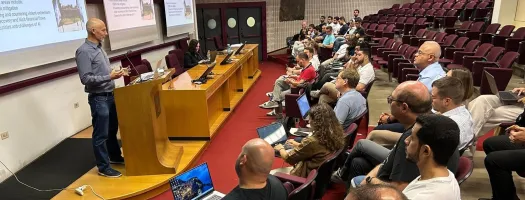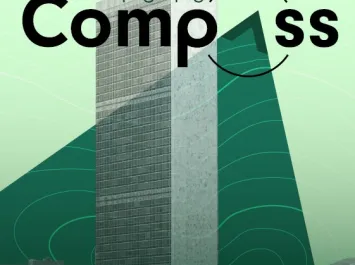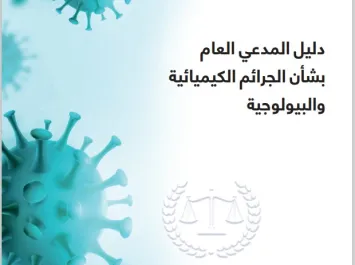The United Nations Interregional Crime and Justice Research Institute (UNICRI) delivered a one-day in-person training titled “Stop the Virus of Disinformation” at the University of Rome Tor Vergata, within the framework of the Master in “Protection against CBRNe events.” The training aimed to enhance the capacity of participants to detect, assess, and debunk disinformation related to Chemical, Biological, Radiological and Nuclear (CBRN) threats.
Disinformation related to CBRN events — whether linked to deliberate attacks or unintentional events — can undermine crisis response measures, create confusion, fuel fear, and exacerbate tensions among communities and countries. Addressing these challenges, the training provided participants with practical skills to strengthen preparedness and response against the malicious use of information.
The course was structured around a three-step methodology developed by UNICRI:
Detection – Identifying disinformation through human analysis and digital tools.
Decision-Making – Evaluating whether and how to respond to false information.
Debunking – Countering disinformation effectively using strategic communication techniques, including the “truth sandwich” approach: stating the truth, addressing the falsehood, and repeating the truth.
Through lectures, practical exercises, and tabletop (TTX) simulation, participants learned how to apply these methods in real-world contexts, ensuring that accurate and credible information prevails in times of crisis.
Since 2020, UNICRI has been monitoring the malicious use of social media and analysing technological options to detect and counter disinformation. That same year, the Institute released the report “Stop the Virus of Disinformation”, which highlighted how malicious actors exploited the COVID-19 pandemic to erode public trust in response measures. In 2023, UNICRI developed the “Handbook to Combat CBRN Disinformation”, a practical tool designed to support CBRN stakeholders in building effective communication strategies.



